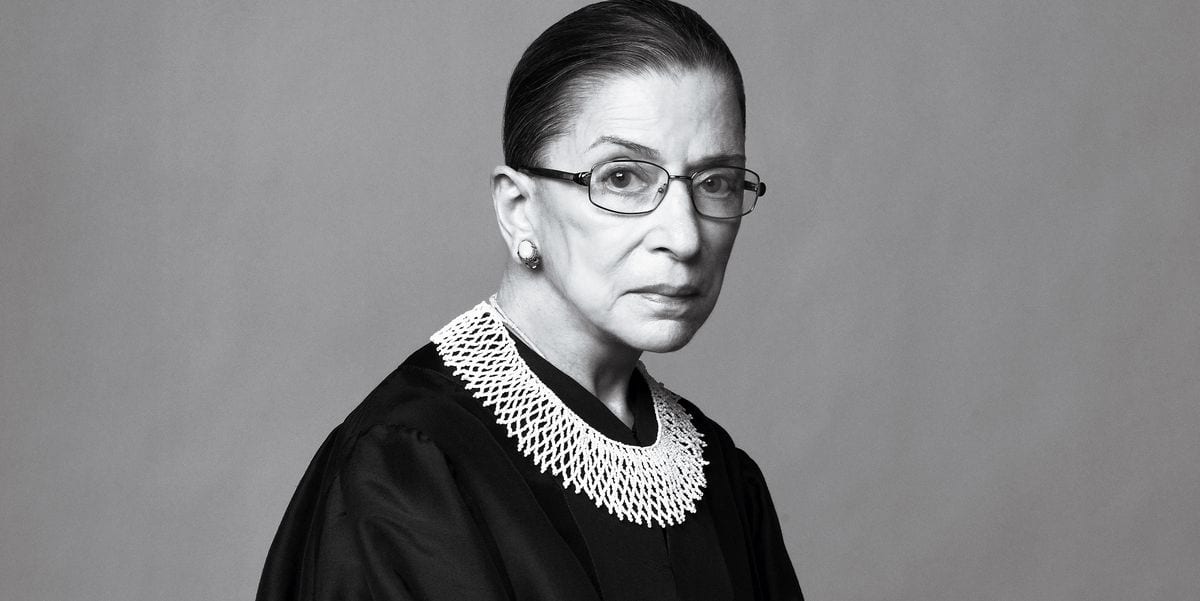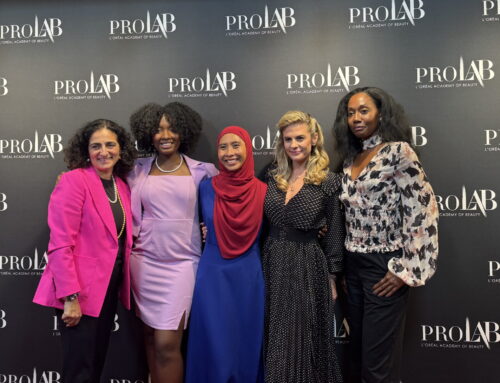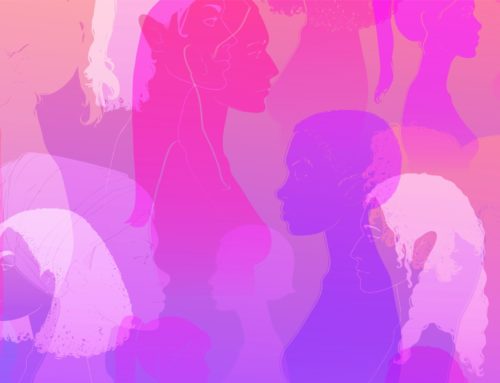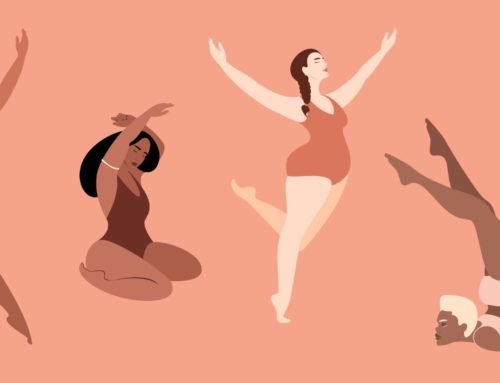Honoring Ruth Bader Ginsburg
Ruth Bader Ginsburg, or RBG as she’s often affectionately called, passed away at the age of 87 on Friday, September 18th. Her passing is devastating for the world because, in her lifetime, Ruth was arguably the single most effective advocate for gender equality the world has ever seen.
Ruth was the very definition of a trailblazer—but from reports of those who have met her, she was not an obvious one. She was shy and would take long pauses in the middle of her responses. Her personality was not what we think of when the term “natural leader” is used. But she was methodical with an extraordinary work ethic and a remarkable intellectual capacity. And she was extremely determined—determined to prove that the differing treatment of persons, on the basis of sex, had no place in the United States.
Her legacy is long, and she’s been a personal hero of mine for quite some time. In fact, in my bio for the Global G.L.O.W. website, I named RBG as the brave woman I look up to most. I’ve leaned into her wisdom and strength for years. When a good friend of mine was demoted after her maternity leave in 2019 and, as a consequence, there would no longer be any women in leadership meetings at her company, I sent my friend Ruth’s famous quote, “Women belong in all places where decisions are being made.” She put it on her desk and worked hard to get back into a leadership role—right where she should have been all along.
In addition to being personally responsible for overturning many laws that discriminated against women, first as an ACLU lawyer and later as a Supreme Court Justice, Ruth has long inspired me with her bravery and strength in the face of extreme personal discrimination and hardship. Ruth is well known for the many ways she pushed forward gender equality. Her influence in that area cannot be understated. And, amid those landmark battles she fought for the good of all. Here are a few personal things about her that have delighted me:
- When she was a second-year law student at Harvard Law School, her husband was a third-year law student there. Her husband fought aggressive testicular cancer that year and couldn’t attend classes. Ruth went to all of her classes AND all of his classes and took meticulous notes so that he wouldn’t fall behind as he underwent radiation. On top of this, Ruth was the primary caregiver of their 3-year-old daughter that year.
- Once, when a young woman thanked her for her work and said that all of her women friends loved the way that Ruth’s work impacted American women, Ruth replied that she hoped all the young woman’s male friends loved her work too.
- In her later years on the Supreme Court, she earned the nickname “The Notorious RBG” for a bold dissenting opinion when she disagreed with the verdict made by the majority of the court in a case. And then, to the delight of the world, she continued to offer bold, dissenting opinions. Even more unusually- she did the rare thing of verbally declaring those dissenting remarks and even at times (like in the case of Ledbetter vs. Goodyear), calling out to Congress in her speech to make the next move.
- She used fashion to make a statement and wore a special collar with her justice robes each time she dissented an opinion that the majority of the court agreed upon.
- She only ever slept 5-6 hours per night, preferring to spend her time studying and researching.
I also think it’s essential to remember that Ruth faced a lot of discrimination herself, as a woman. We often overlook the enormous struggles people go through once they’ve achieved great things. But to understand the full picture of everything Ruth accomplished, you have to know what she was up against:
- She was offered a job before law school, but when they found out she was pregnant, the offer was withdrawn.
- When she was accepted into Harvard Law School, she was one of nine women in her class. The dean asked all nine women to come to his office and explain to him why they thought they deserved their spot in that class instead of a man.
- When she graduated at the top of her class from law school, she received no job offers from New York law firms. Instead, she spent two years clerking for a federal district judge who agreed to hire her, but only after one of her mentors threatened to never send another clerk to him if he didn’t hire her.
- She was the first woman to receive tenure as a professor at Columbia University- but when she got her offer, she was told she would not receive as much pay as a man because her husband was their “primary breadwinner.” She, with the support of the other female professors, sued Columbia University and won.
Ruth’s stamp on the world, her bravery in the face of discrimination, and her steadfast determination that the United States should not treat women and girls different from men and boys is a legacy all of us will reap the benefits of. She passed away this past week after a long battle with cancer, and now it’s our turn to continue to fight for girls everywhere to have the opportunities that Ruth made possible. And to remember that we will face discrimination and hardship along the way, but that, like Ruth, we will never stop fighting.












